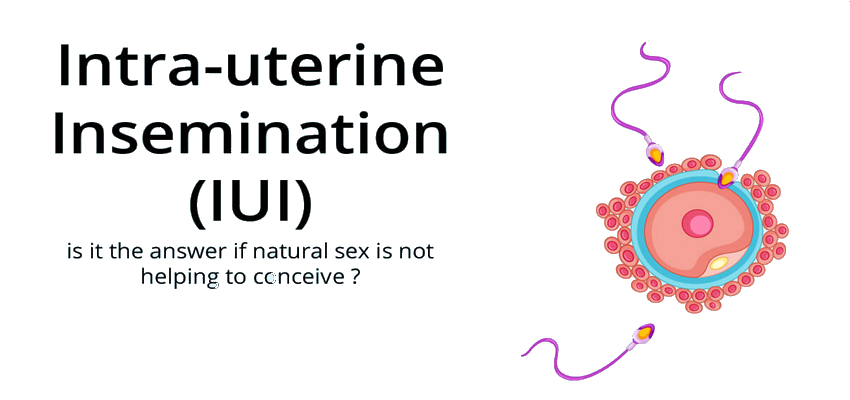With plenty of information available on the internet today, it can be difficult to determine what is true and what just an old wives’ tale is. We, at PFRC, want our patients to be well-informed about their fertility and options so that they can make educated decisions when it comes to building a family. We have compiled a list of some common myths surrounding fertility.
Myth#1 Fertility is a woman’s problem
Fertility treatment should always include a thorough exam of both partners. Infertility is not always a woman’s problem. Despite women being the general target when it comes to infertility, it actually affects men and women equally.
Myth #2 Just relax and it will happen
"If you'd stop worrying so much, you'd get pregnant." This is probably the most popular myth about infertility. For most couples, pregnancy doesn’t “just happen”. Couples need to pay attention to ovulation cycles, be aware and in touch with the most fertile times. This increases their chances of getting pregnant.
Myth #3 Abstinence will create better sperm
Abstaining from sex doesn’t mean better sperm. The argument in favor of abstinence is that it may increase the volume of semen and hence the number of sperms. Long periods of abstinence can decrease the quality of sperm. In over one third of couples unable to conceive, male infertility plays a part as well.
Myth #4 Just have sex every day and you’ll get pregnant
Fertility isn’t as much about frequency as it is about timing. Having sex daily during that week or so leading up to ovulation is helpful, but certainly not a guarantee of pregnancy.
Myth #5 Infertility is a psychological problem
Well-meaning people around you might often say "infertility is all in your head”. But in reality, infertility is a disease or condition of the reproductive system and not a psychological disorder. In fact, one or more physical causes are identified in many infertile couples. Therefore while relaxing, going on vacation, or finding ways to de-stress can improve your overall well-being, these changes won't solve the infertility problems.
Myth #6 Bodyweight doesn’t matter
Infertility is more prevalent among obese couples. Being overweight or obese can have a negative effect on fertility as it can interfere with the hormonal functions. Many obese women have irregular or absent menstrual cycles. For many of these individuals, weight reduction alone will restore their normal ovulation and menstrual cycles thereby enhance their chances of getting pregnant.
Myth #7 Getting pregnant is easy
It is a biologically complex process involving male and female factors, but also many still unknown ones. If you have been trying to get pregnant by natural means for over a year without success, we recommend you get in touch with a specialist. Many people think that if they already have one child, surely they can have another one. Not necessarily. Many women who already have children are affected by a condition known as secondary infertility.
Myth #8 Having sex in the morning gives you a fertility boost
It’s more important to have sex during your fertile window, regardless of whether it’s morning, afternoon, night, or all of the above. You can only conceive during the 5-6 days of your fertile window. That means that you can’t get pregnant for the rest of the month. You should focus on having intercourse during the fertile window, even multiple times a day, but sex during the rest of your cycle won’t do anything to boost your fertility.
Myth #9 Smoking does not affect fertility
Smokers have been shown to have diminished fertility compared to non-smokers. Smoking is said to adversely affect the sperm's movement, as well as the health of the sperm. Women and men who are trying to conceive should consider not smoking and drinking alcohol.
Myth #10 Age only affects women’s fertility
It's a biological fact that as women and men age, their potential to have children decreases. It takes longer for partners of men who are older than 40 years to conceive. It's hard to understand what's fact and fiction when it comes to getting pregnant. If you have any more questions about improving your chances of fertility, schedule a consultation with us.
 Book your Online Consultation
Book your Online Consultation





